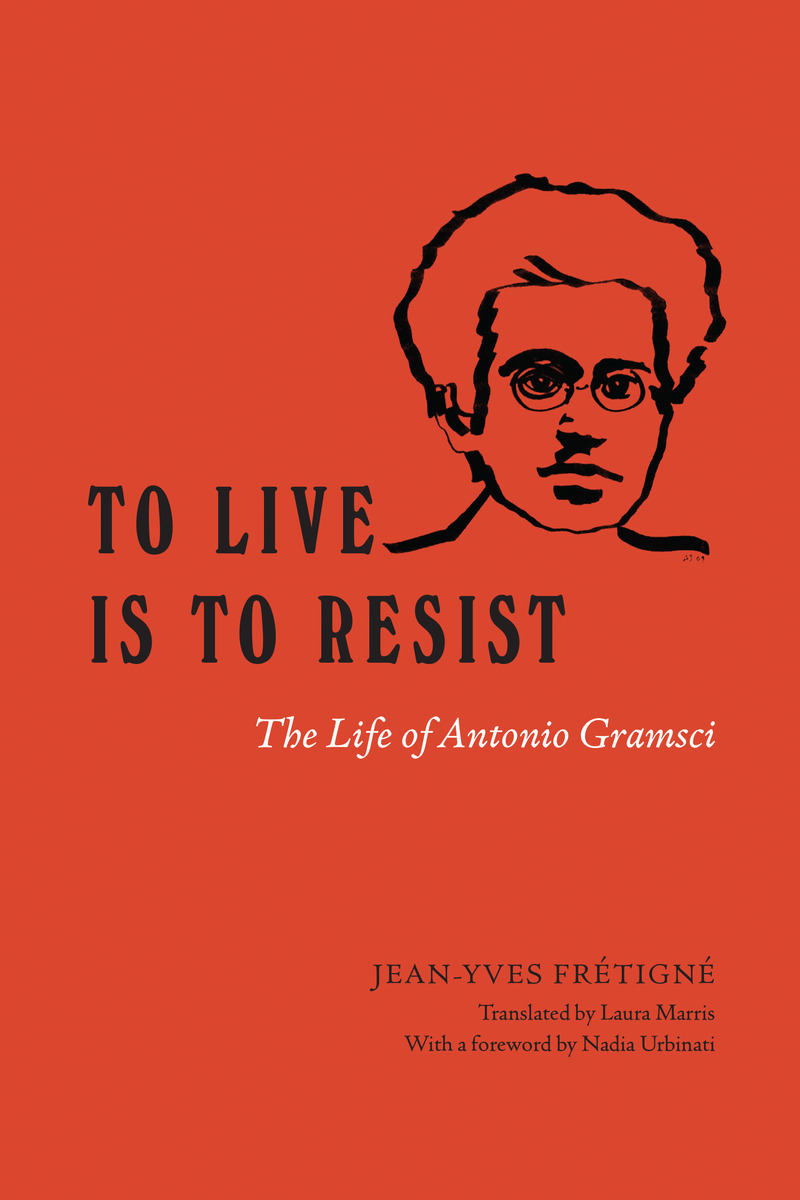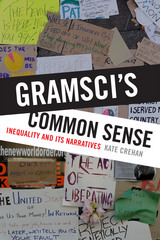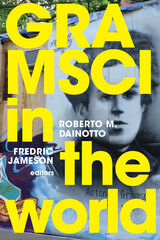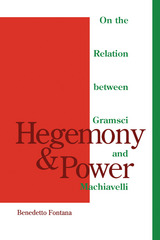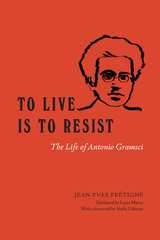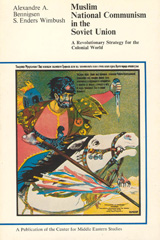To Live Is to Resist: The Life of Antonio Gramsci
University of Chicago Press, 2021
Cloth: 978-0-226-71909-2 | Paper: 978-0-226-82938-8 | eISBN: 978-0-226-71912-2
Library of Congress Classification HX289.7.G73F7413 2021
Dewey Decimal Classification 335.43092
Cloth: 978-0-226-71909-2 | Paper: 978-0-226-82938-8 | eISBN: 978-0-226-71912-2
Library of Congress Classification HX289.7.G73F7413 2021
Dewey Decimal Classification 335.43092
ABOUT THIS BOOK | AUTHOR BIOGRAPHY | REVIEWS | TOC | REQUEST ACCESSIBLE FILE
ABOUT THIS BOOK
This in-depth biography of Italian intellectual Antonio Gramsci casts new light on his life and writing, emphasizing his unflagging spirit, even in the many years he spent in prison.
One of the most influential political thinkers of the twentieth century, Antonio Gramsci (1891–1937) has left an indelible mark on philosophy and critical theory. His innovative work on history, society, power, and the state has influenced several generations of readers and political activists, and even shaped important developments in postcolonial thought. But Gramsci’s thinking is scattered across the thousands of notebook pages he wrote while he was imprisoned by Italy’s fascist government from 1926 until shortly before his death.
To guide readers through Gramsci’s life and works, historian Jean-Yves Frétigné offers To Live Is to Resist, an accessible, compelling, and deeply researched portrait of an extraordinary figure. Throughout the book, Frétigné emphasizes Gramsci’s quiet heroism and his unwavering commitment to political practice and resistance. Most powerfully, he shows how Gramsci never surrendered, even in conditions that stripped him of all power—except, of course, the power to think.
One of the most influential political thinkers of the twentieth century, Antonio Gramsci (1891–1937) has left an indelible mark on philosophy and critical theory. His innovative work on history, society, power, and the state has influenced several generations of readers and political activists, and even shaped important developments in postcolonial thought. But Gramsci’s thinking is scattered across the thousands of notebook pages he wrote while he was imprisoned by Italy’s fascist government from 1926 until shortly before his death.
To guide readers through Gramsci’s life and works, historian Jean-Yves Frétigné offers To Live Is to Resist, an accessible, compelling, and deeply researched portrait of an extraordinary figure. Throughout the book, Frétigné emphasizes Gramsci’s quiet heroism and his unwavering commitment to political practice and resistance. Most powerfully, he shows how Gramsci never surrendered, even in conditions that stripped him of all power—except, of course, the power to think.
See other books on: Communism | Communists | Gramsci, Antonio | Individual Philosophers | Philosophers
See other titles from University of Chicago Press
